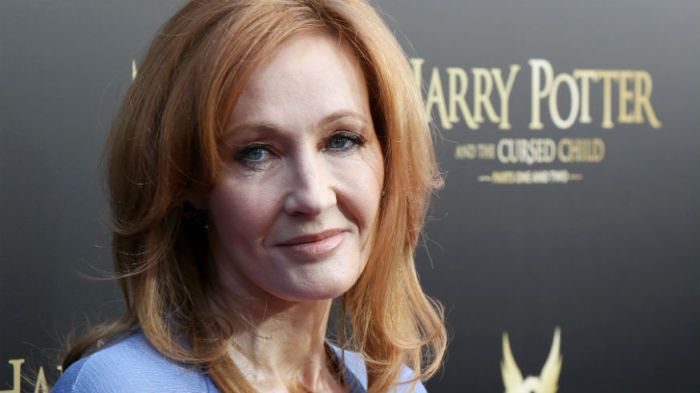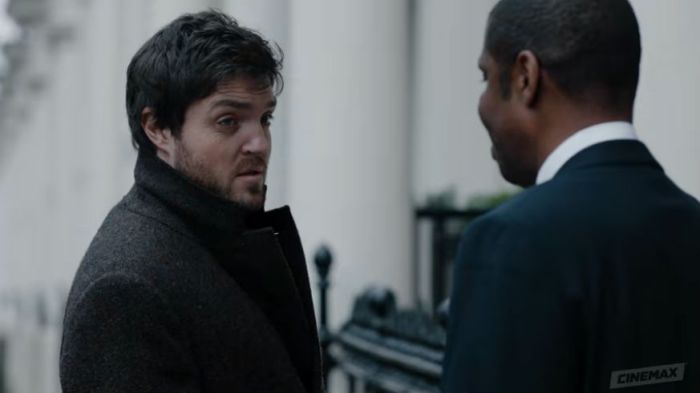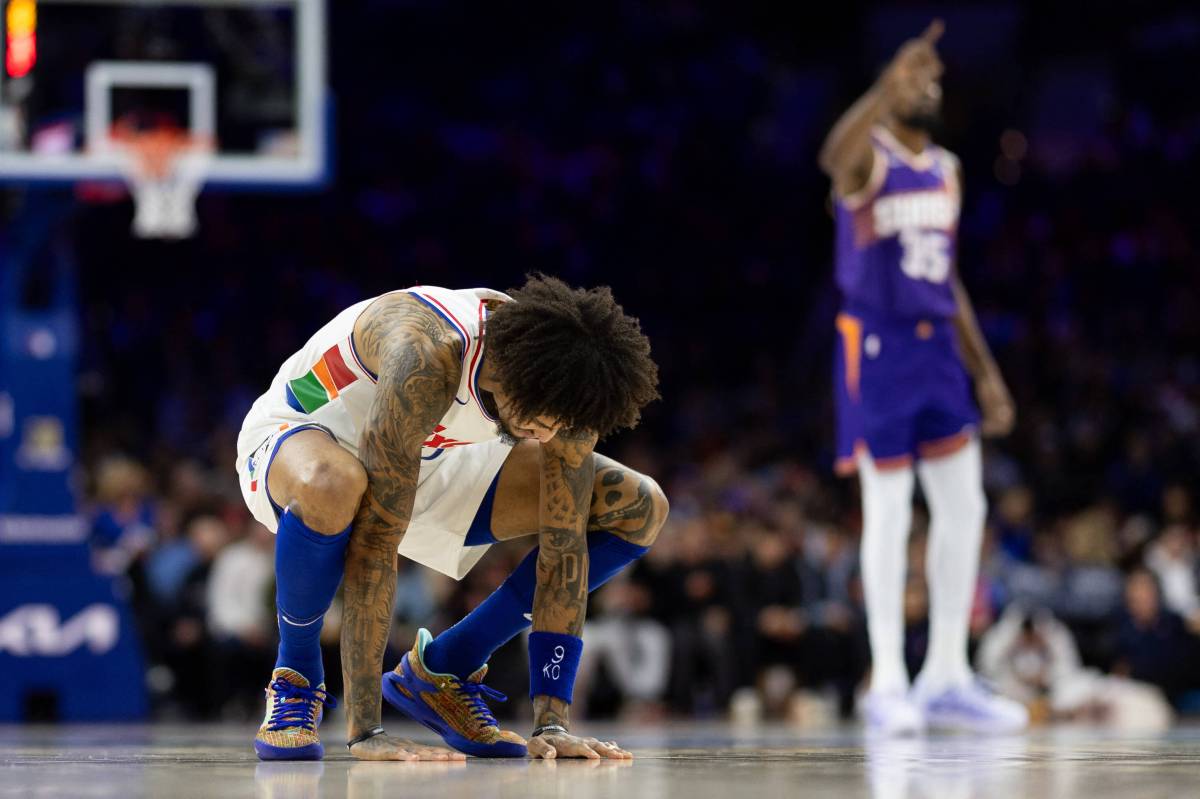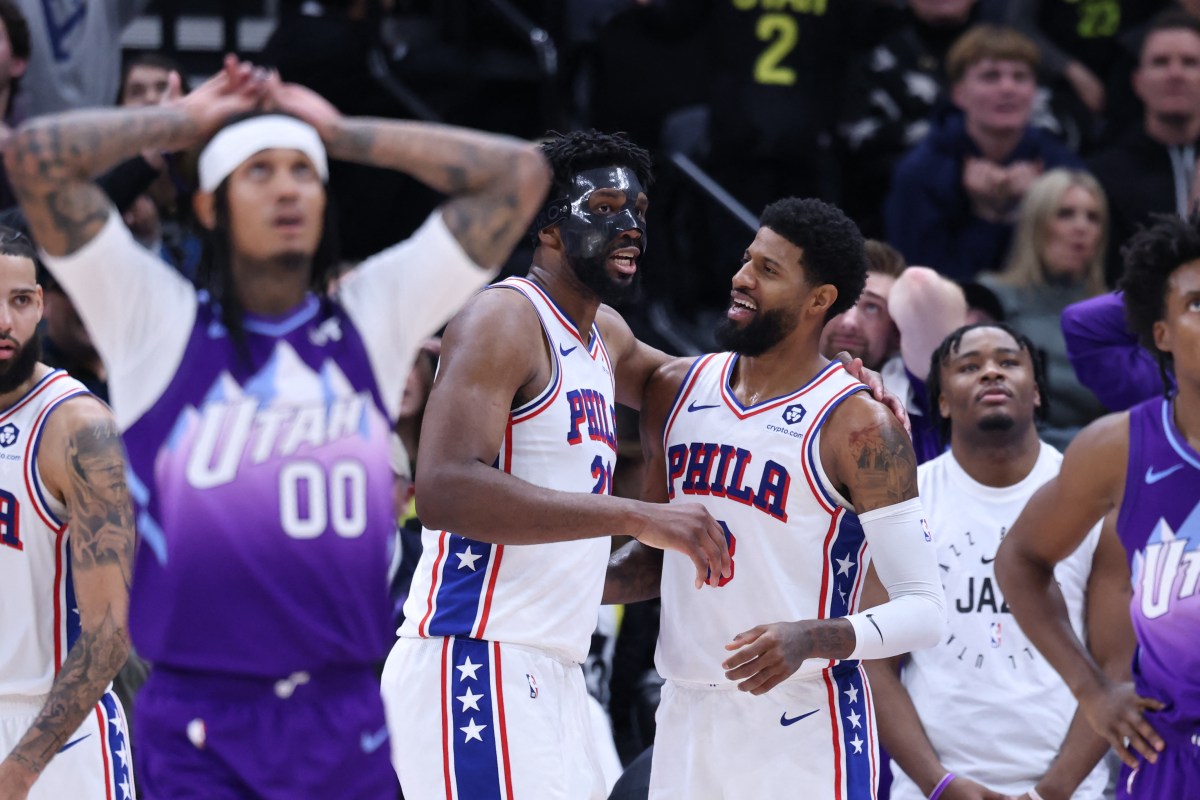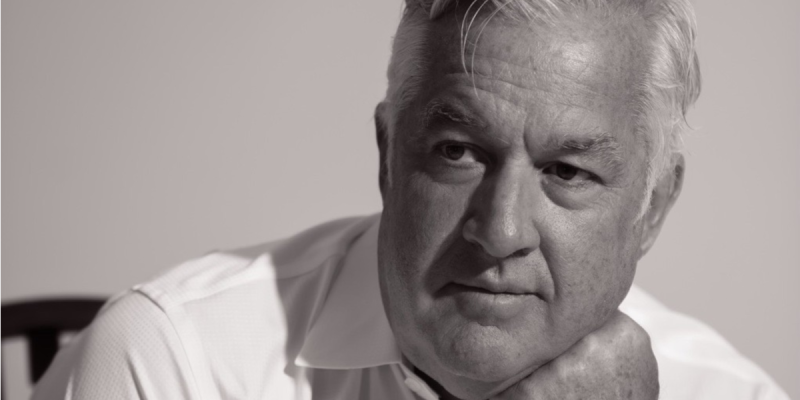Holliday Grainger is no stranger to living in the past. The English actress, 29, is a regular in period pieces: She was Lucrezia on Showtime’s “The Borgias.” She played Estella in the 2012 film of “Great Expectations” and Baroness Sheltin in “Anna Karenina,” opposite Keira Knightley and Jude Law. Last year she was seen as an American woman, worried about her husband (Chris Pine) as he set out during a seastorm in “Their Finest Hour.”
“My Cousin Rachel” is another chance for period duds, as well as stepping into a very different era with very different gender issues. Set in the 19th century, it’s an adaptation of a 1951 novel by Daphne du Maurier, who’s most famous for “Rebecca.” In “Rachel,” Sam Claflin plays Philip, a brash young man who suspects his cousin has been murdered by his wife, Rachel (played by Rachel Weisz). Grainger is Louise, Philip’s close friend since childhood, whom she wishes to marry. Thing is, Philip is a bit of a cad, a fool, a sexist. He might even be wrong about Rachel, especially once he meets her and finds her so charming that he stops thinking she could be a murderer at all.
“As a woman reading the book, even though it’s from Philip’s perspective, I was reading him as this naive young man who didn’t understand women, so therefore his viewpoint on Rachel surely can’t be completely right. You can see he’s not getting it,” Grainger tells us. “You can understand where Rachel is coming from as a much more knowledgeable woman of the world; her emotions are far more complex than Philip understands. You can’t help but be slightly on her side.”
Not that Grainger is entirely #TeamRachel. “It’s only as the story progresses that more questions about her character come into light. Then you start to think, ‘Oh, maybe she isn’t as innocent as you think,’” she says.
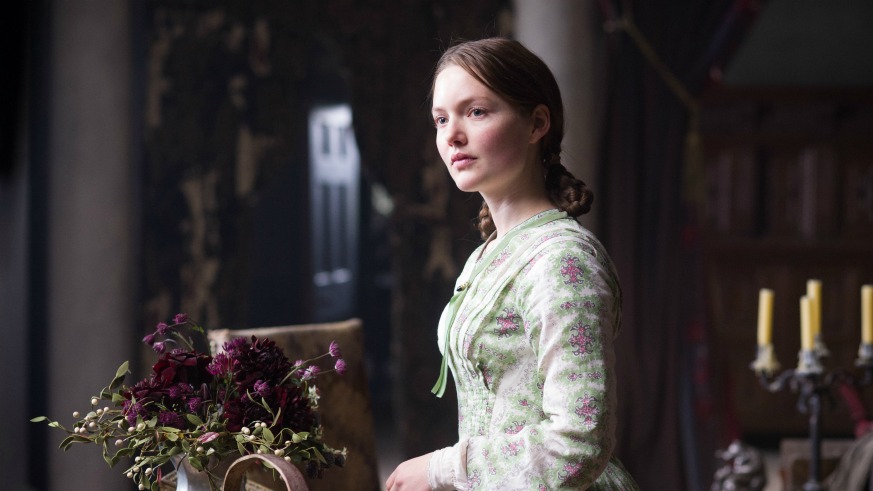
Rachel may seem ostentatiously modern for a 19th century woman. But Grainger doesn’t think you should underestimate the more traditional Louise.
“As much as she’s very comfortable with her social standing as a woman, she’s also a bit of a tomboy,” Grainger says. “You get the impression that she’s not always doing things to please.”
Grainger imagines Louise was equal to Philip when they were young. “She was probably running around the fields with Philip as a kid. She wasn’t brought up to just sit there and play piano,” she says. “In that respect, she’s quite modern in that she’s allowed the freedom to be who she wants to be in this world. It’s just that her choices are very much restricted because she’s a woman. She can’t go out and get her own career.”
Not that Grainger wants to fall in the trap of talking too much about “strong female characters,” important as that is.
“It’s great to talk about that, but sometimes it’s so boring,” Grainger explains. “Why are we talking about ‘complex women’? Surely that should just be the standard. We’re not like, ‘Oh, great, there’s complex men in this film!’ The aim is to get to the point where it’s no longer a talking point.”
Among the projects Grainger has coming up is a “Black Mirror”-sounding show called “Philip K. Dick’s Electric Dreams,” based on the works of the sci-fi author. There’s also “Cormoran Strike,” a new show written by J.K. Rowling.
“I’ve met J.K. Rowling a couple of times in the toilet before readings,” Grainger says with a laugh. “We both need to go to the loo and shake things off in the mirror before we go into a room of 150 people.”
Follow Matt Prigge on Twitter @mattprigge




